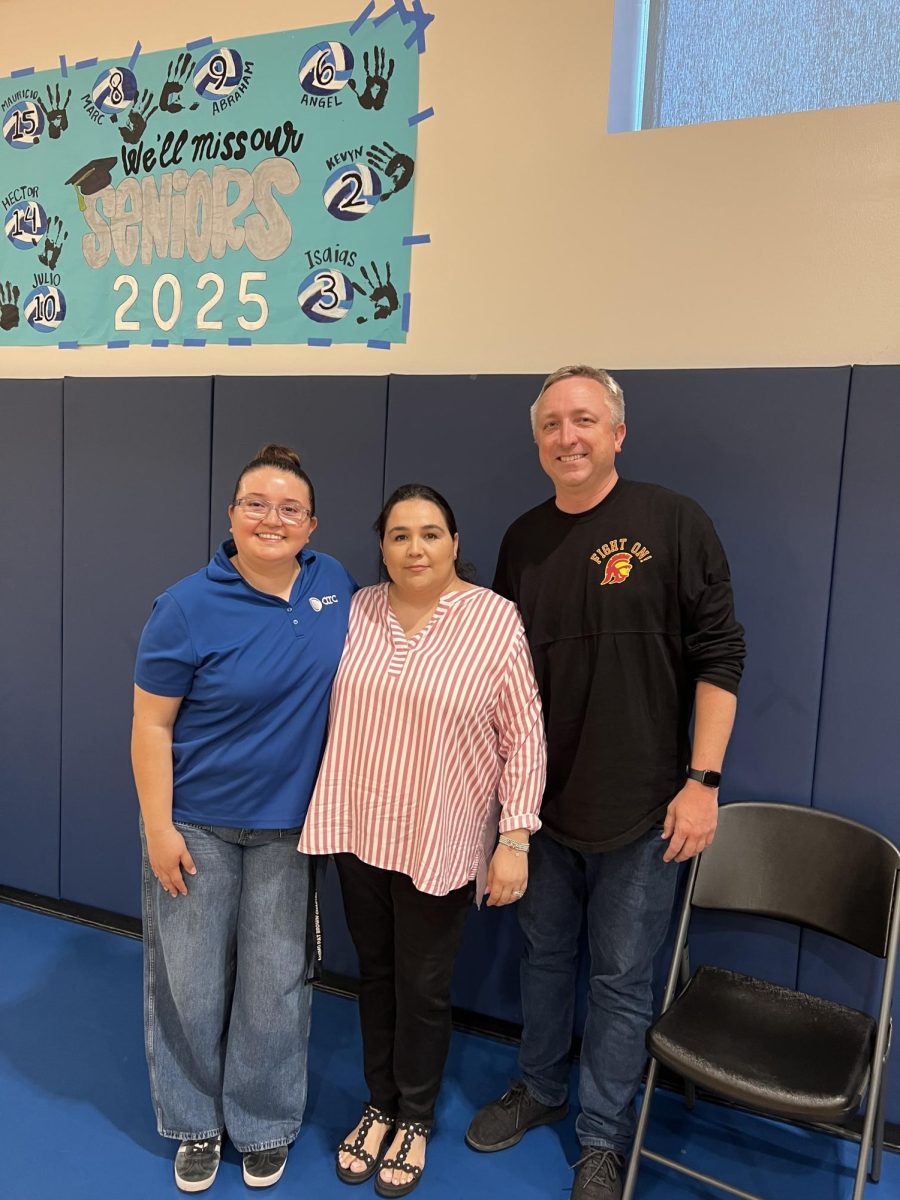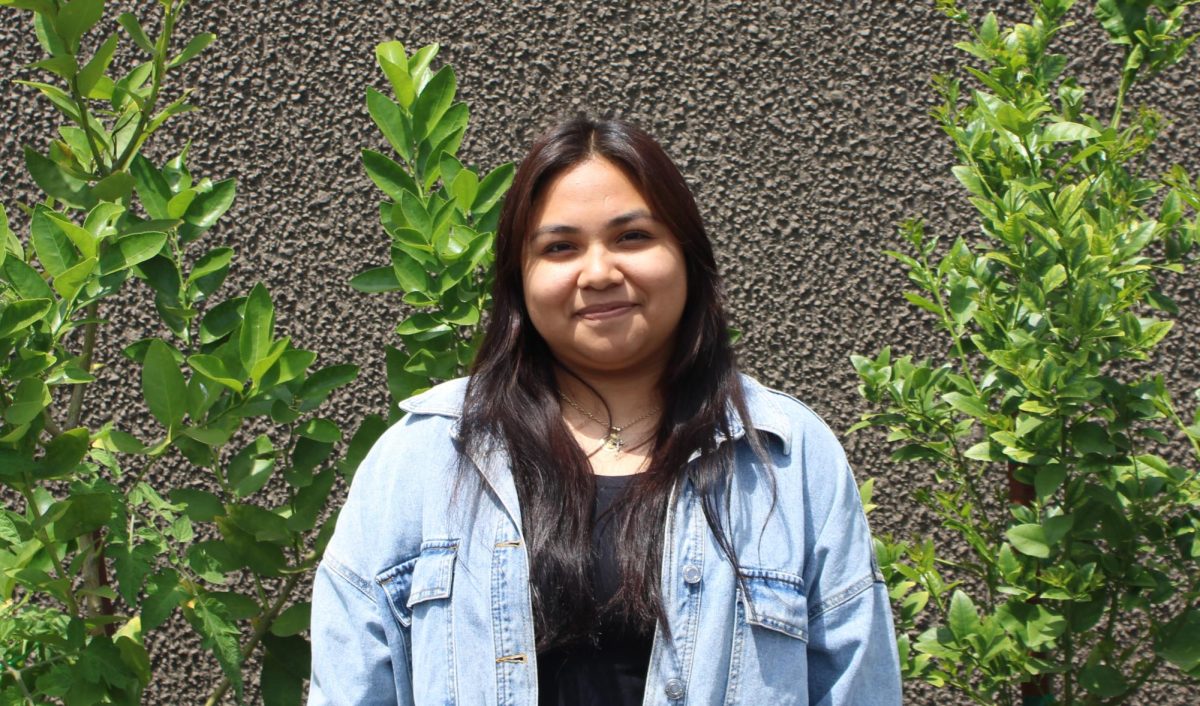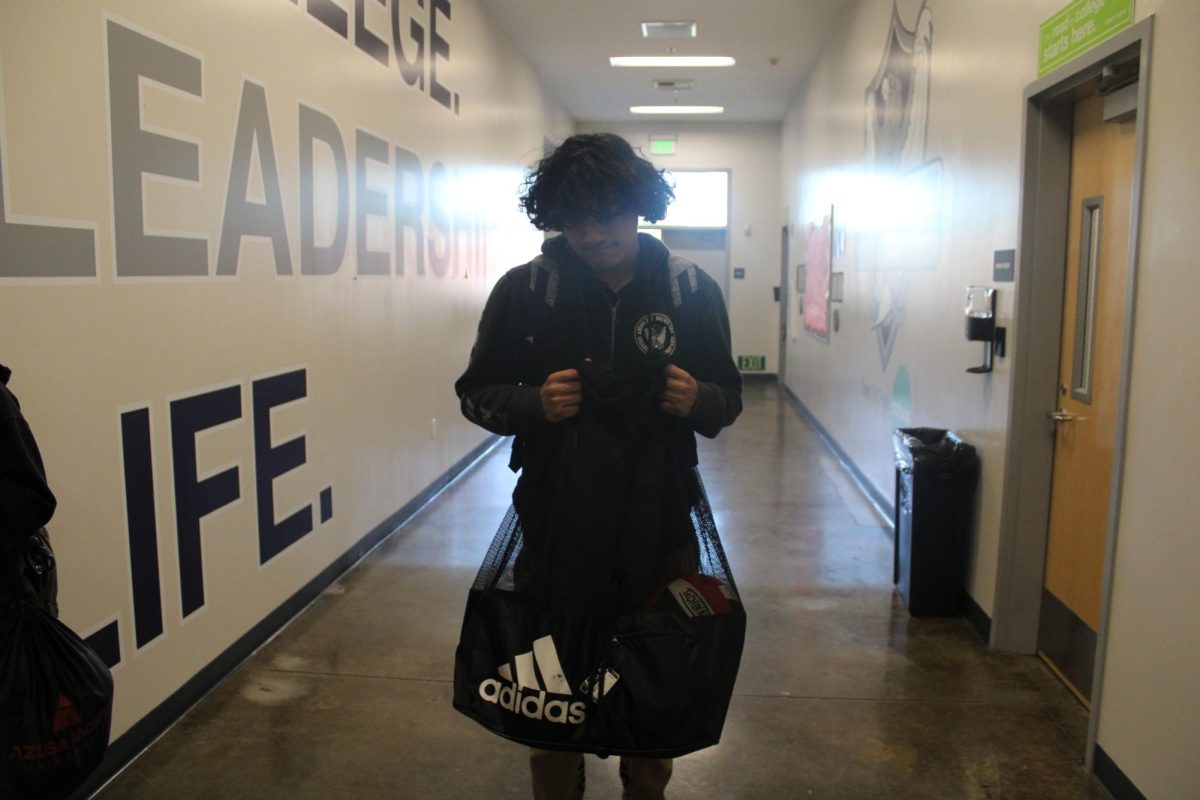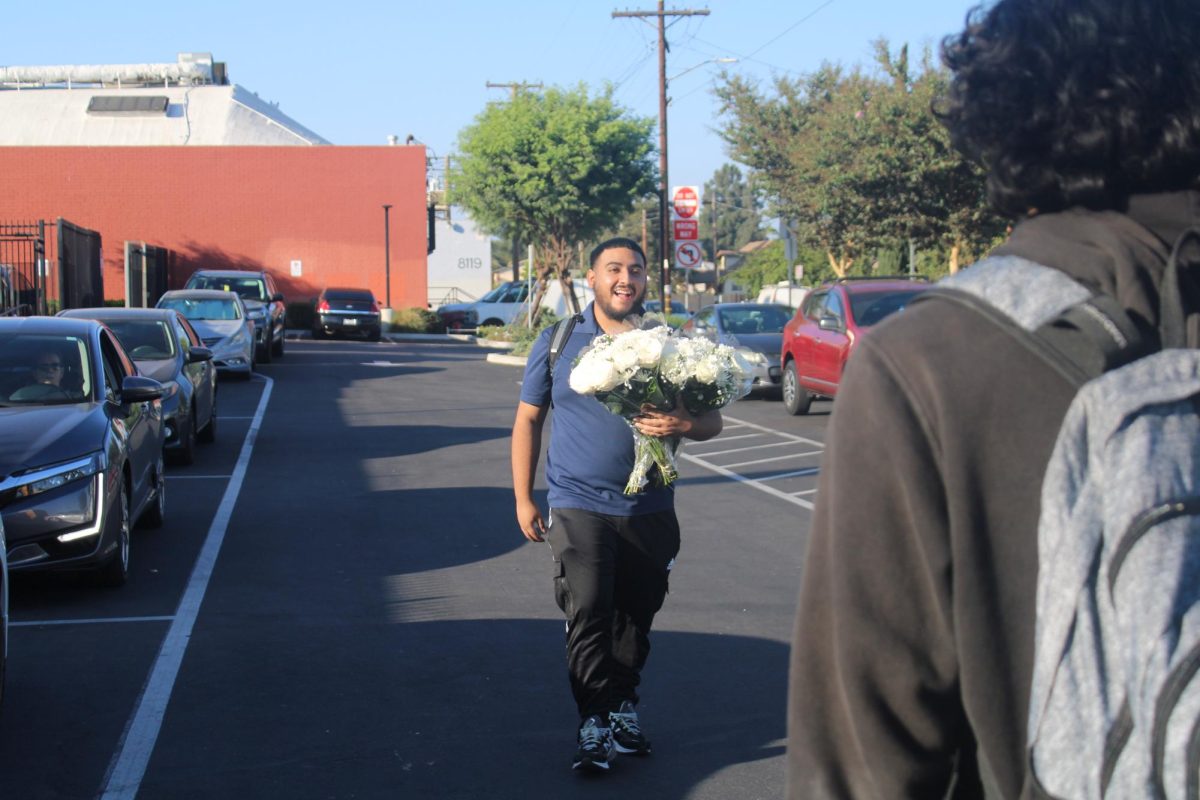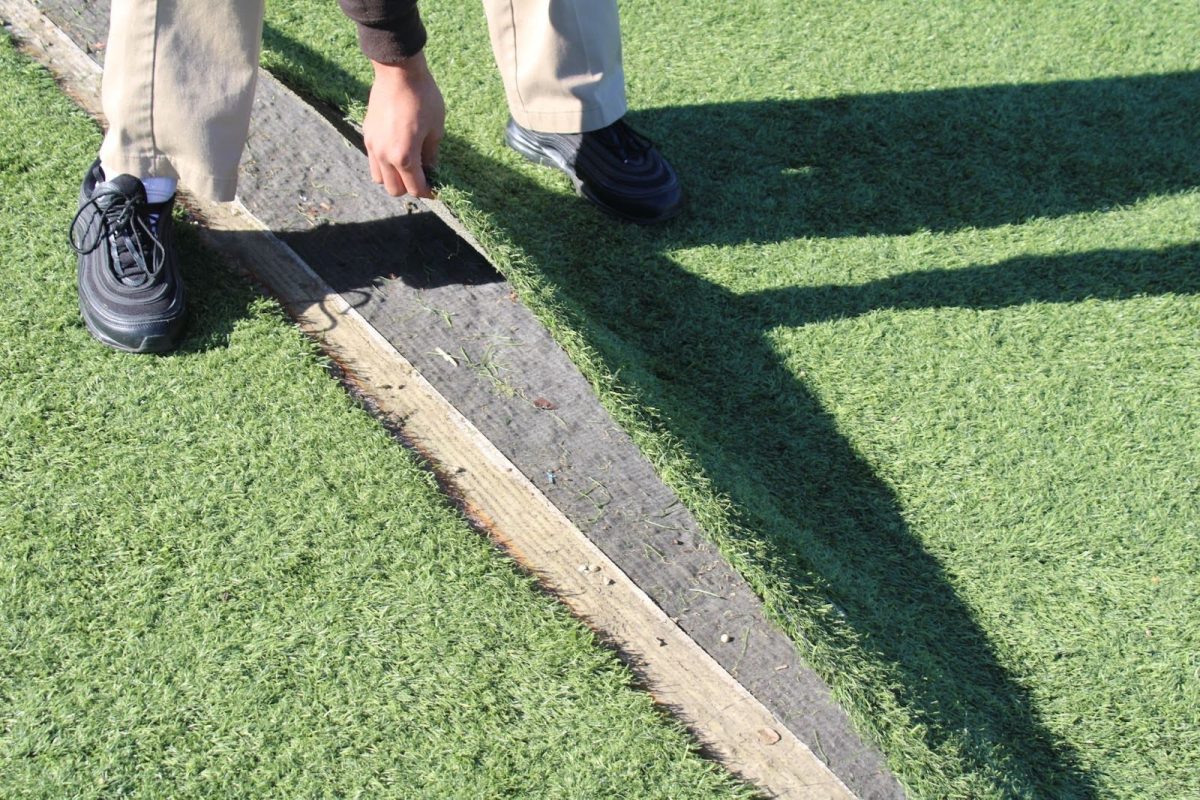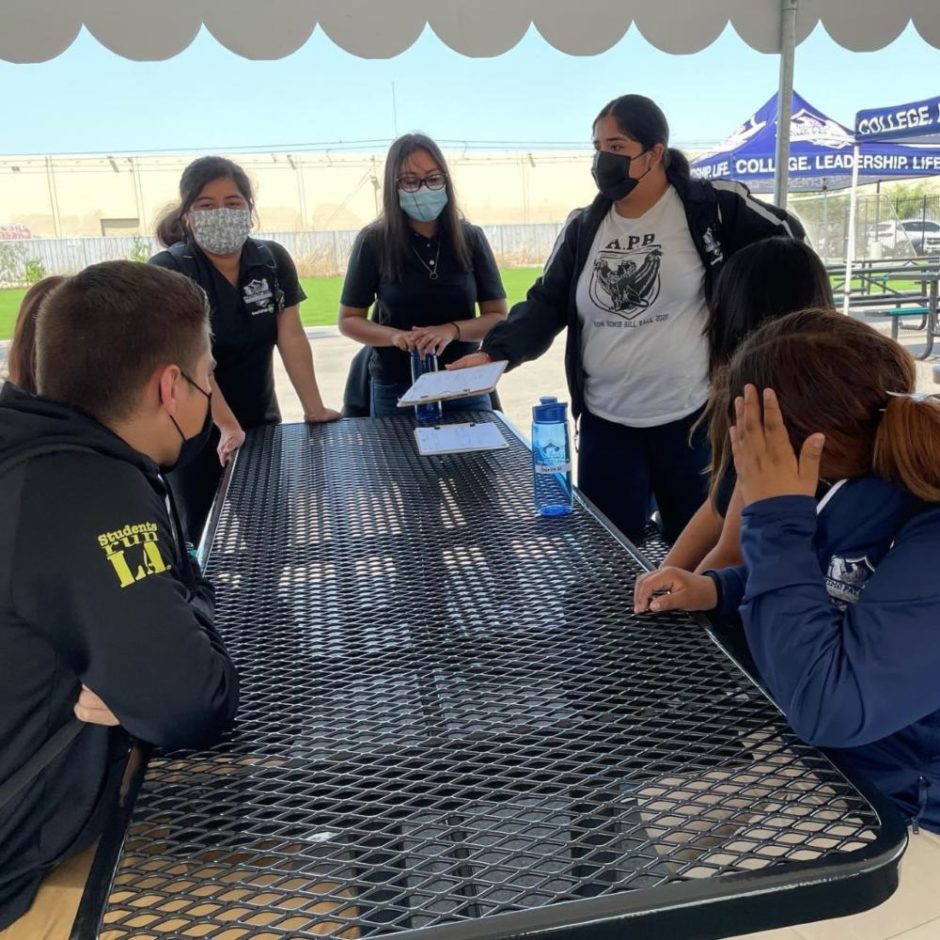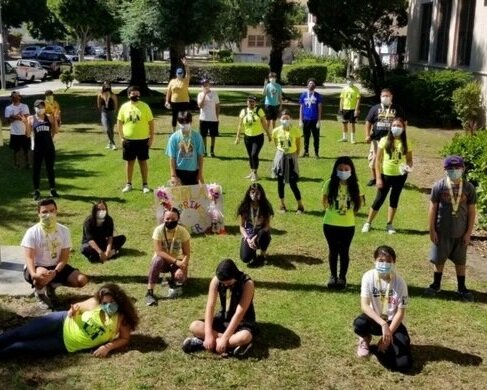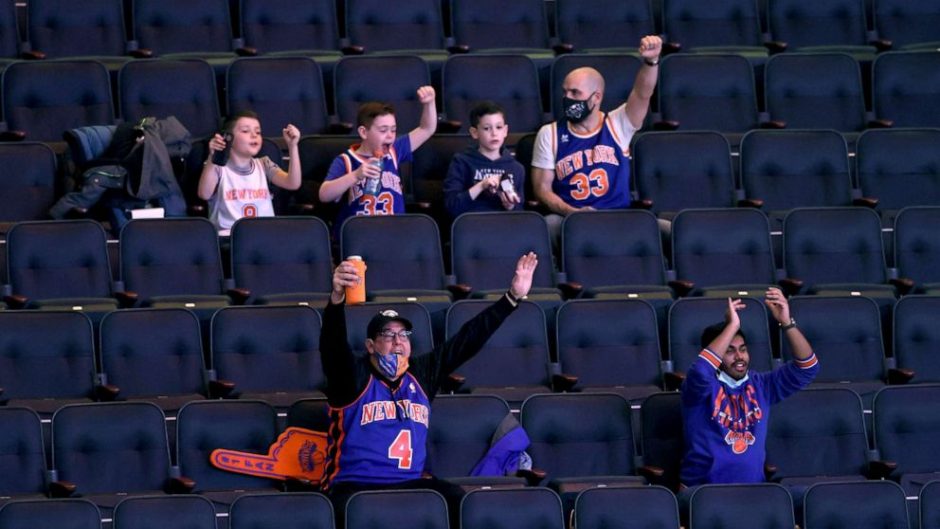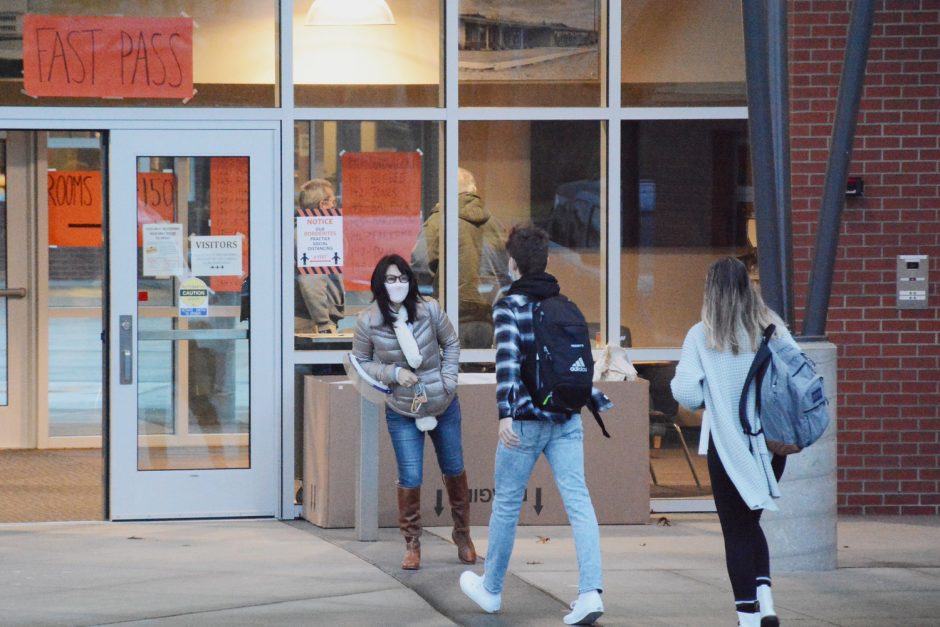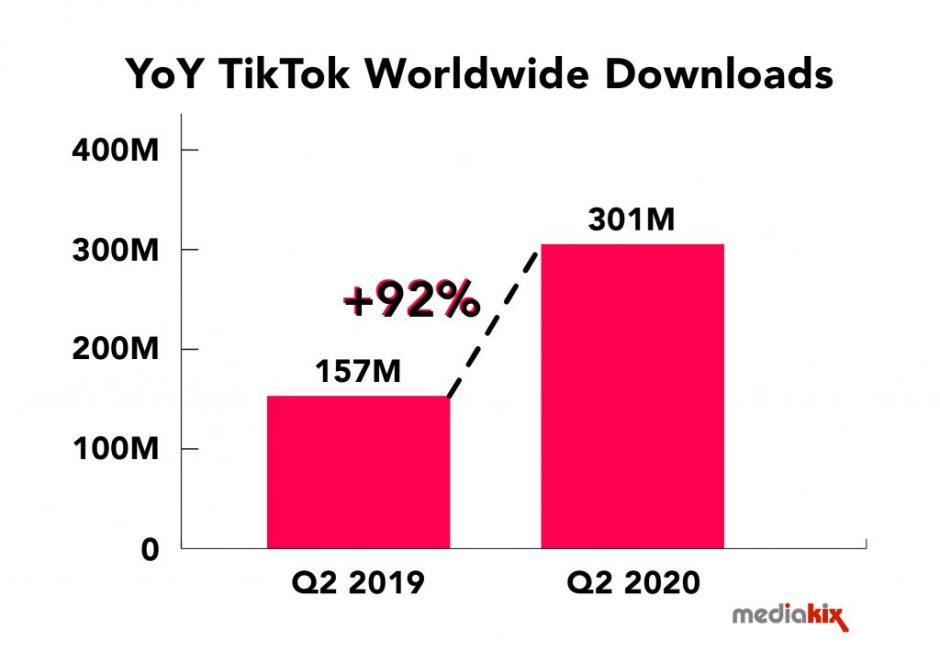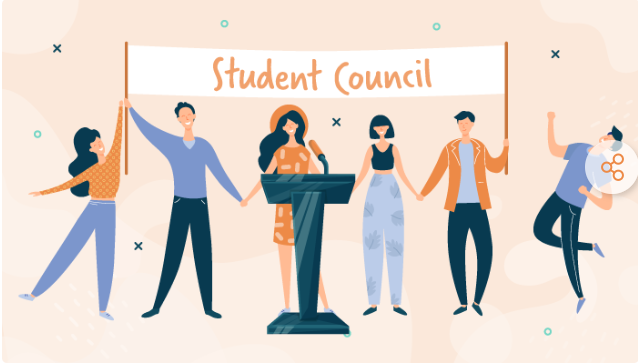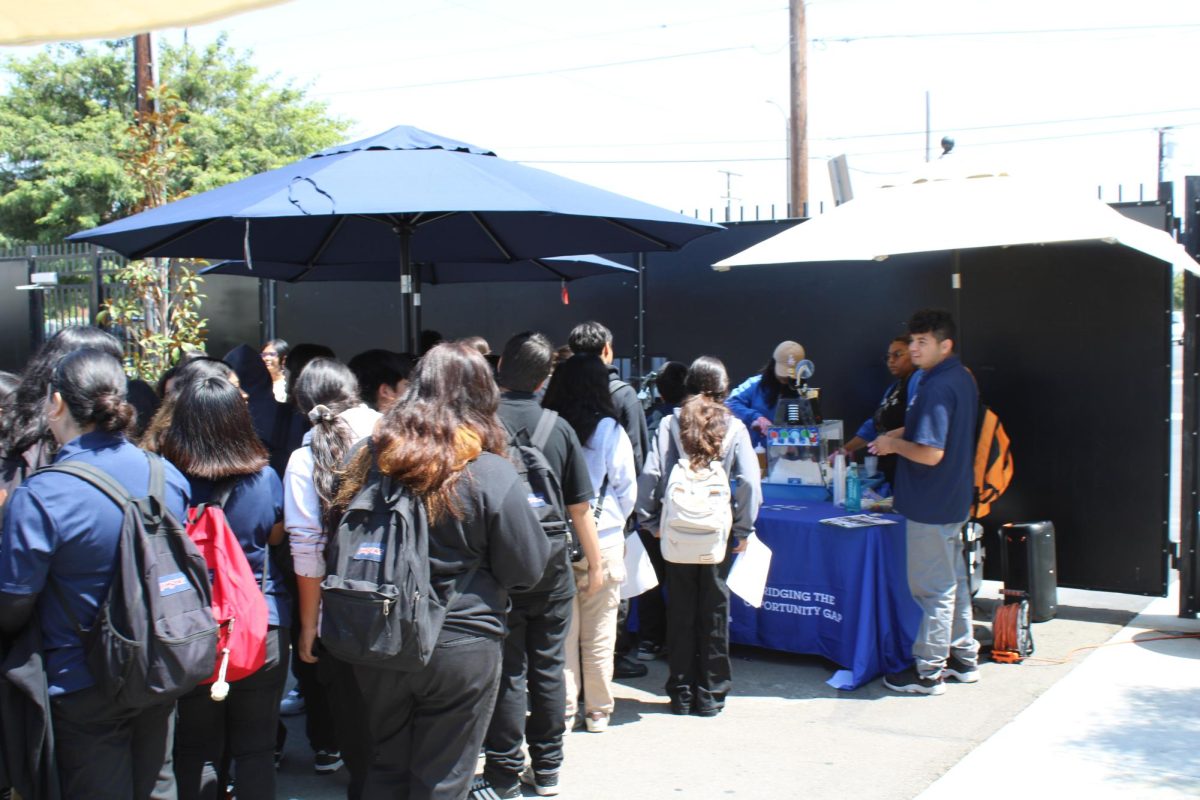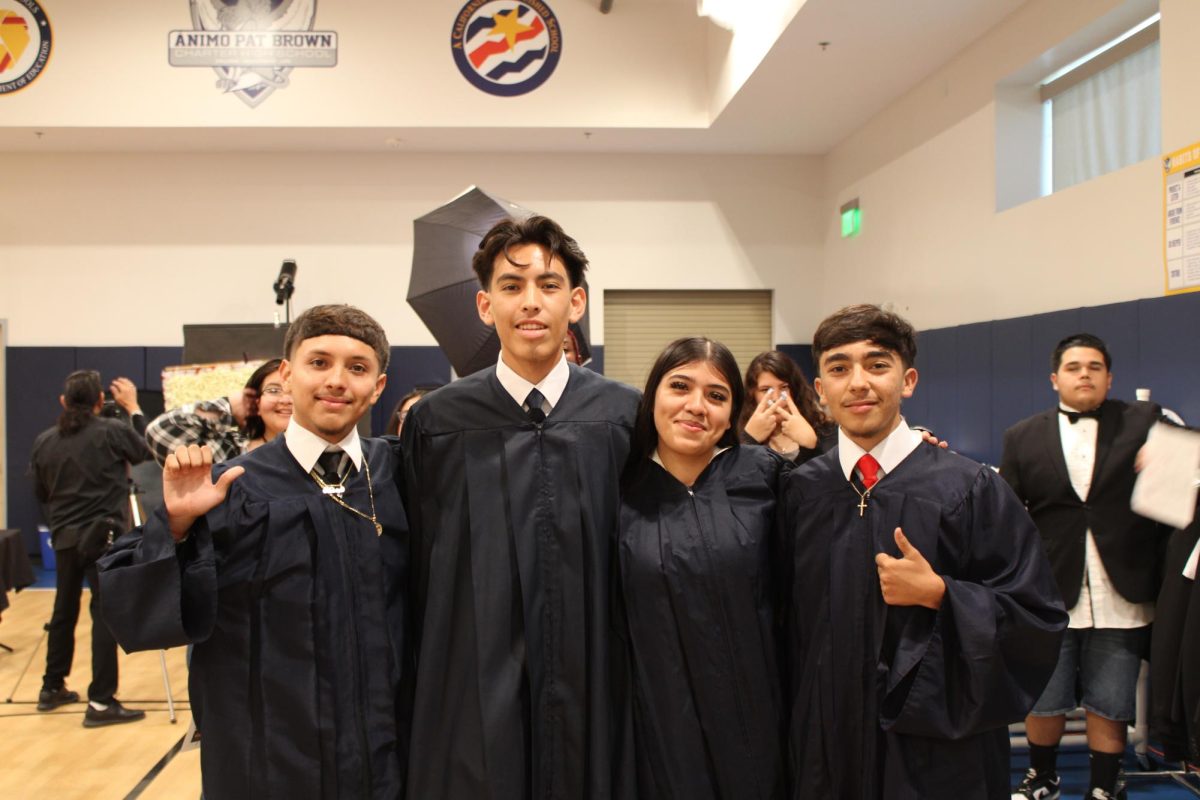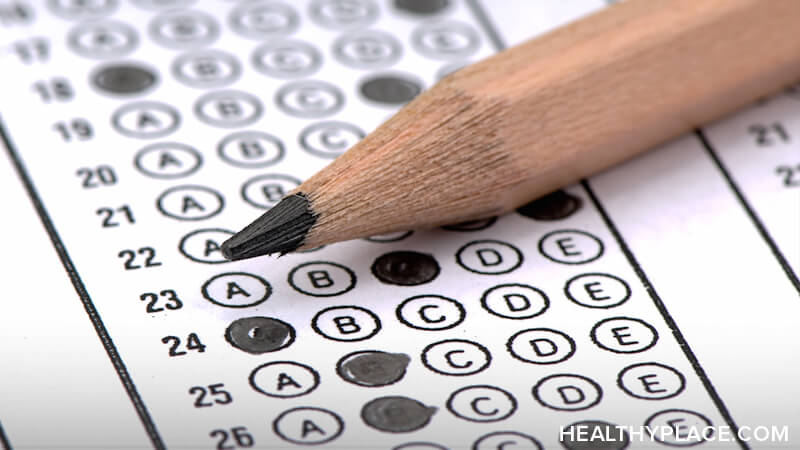Right before going to college, this year’s high school seniors had the major obstacle of getting through their final year of high school during an unprecedented school year.
Written by Jaime Amarillas and Eduardo Villalobos
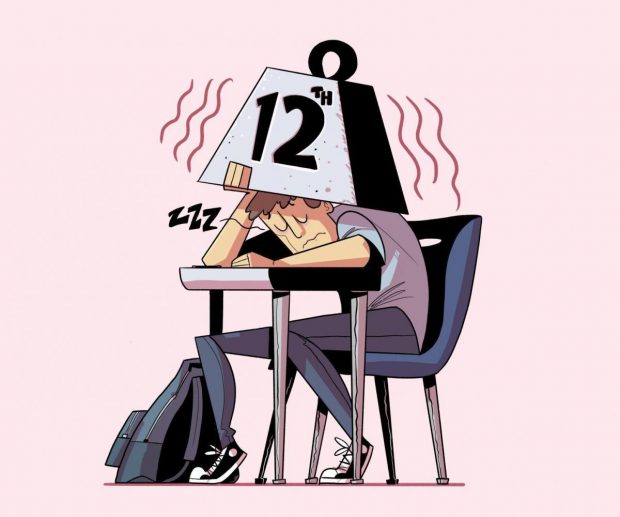
“Without a doubt, the hardest academic year of my life,” said an APB senior. “I feel so unprepared for college next year and I don’t think my teachers have done enough,” they said.
This past year, many high school seniors – on top of dealing with senioritis – have been experiencing the side-effects of online school and the COVID-19 pandemic.
This pandemic has gone far enough as to suck out all of the motivation for students to further their education.
“Honestly, I took my time on applying to college because I didn’t even want to go anymore”, said the student. “I was afraid that my already fragile motivation would entirely collapse on me during my first year of college.”
Students aren’t the only ones subject to the effects of the pandemic, however. High school teachers are also new to this experience and have experienced their fair share of negative effects. They had to go through the exact same changes that students had to go through.
When asked if she felt she was doing enough to prepare her students for college, Ms. Magdaleno, an APB 12th grade English teacher said, “No. 100% no. This year, more than ever, us educators are confronted with deciding what’s more important. We chose to water things down and make things simpler which is not realistic in college.
Ms. Magdaleno strongly believes that making curriculum more bearable for students – in particular 12th graders – is not at all what they need in terms of retaining educational material, but it is in terms of their mental health.
“Babying seniors to make their last year easier was necessary as they have faced many obstacles this past year, but unfortunately it came at the cost of not being able to truly prepare them for the hardships of college.” Ms. Magdaleno said.
The change from high school to college is already a drastic one but this year’s seniors (and even last year’s seniors) have to face an even more challenging obstacle that discourages them from taking the longer path as even though it yields better results in the long run, students will be looking to find other options that are less time-consuming and require less effort.
Students have gone through deaths of family members, mental health issues, anxiety, and stress. For some, school was the least of their worries. Some had to enter the workforce and provide for their families. Some just couldn’t handle being without the help you receive in person.
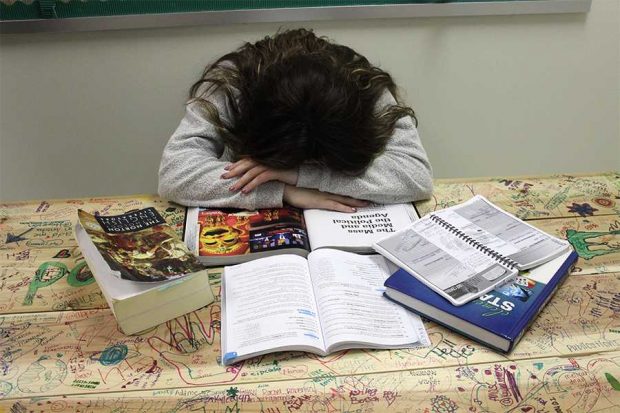
In a study done by NBC News and Challenge Success that gave high school students a survey about how COVID has affected their school year, we see the damage that the coronavirus pandemic has done to the mental health of students, “The results show that nationwide, 56% of all students reported an increase in stress during the COVID-19 pandemic. Black and Latino students showed an even higher rate, at 63%.”
The stress that students have experienced this year in terms of school has everything to do with not being prepared for a situation like this. Student’s miss social interactions and staring at a computer screen for 6 hours every day is not and never will be the best way to teach students. There are simply way too many distractions and some that can’t be controlled.
The environment at school and the communities were what made learning so much easier. Instant feedback and instant satisfaction when doing your work well were what pushed the students to strive for even better. Now, some students are afraid to turn on their mics and ask for help.
A different survey conducted by the California Student Aid Commission was given to almost 16,000 high school seniors in California who applied for college financial aid for the 2020-2021 academic year and the results are not surprising, to say the least.
According to the survey, “More than 70 percent of high school seniors reported concern about their personal and family financial situations, with higher levels of concern expressed by students of color.”
A student who answered an open-ended question in the survey added the following, “I might not have time anymore for college since my dad is not working, and my mom is receiving her paychecks two weeks after she’s supposed to. Now I have to work eight hours to support my family economically.”
As seen in the quotes above, students have to worry about whether or not they can even afford college in the first place. And in Los Angeles, where we have a lot more people of color, these concerns are even greater. A lot of parents of students of color have blue collar jobs that don’t offer the same job security as other, better jobs with higher wages that are dominated by white people.
This year, student’s are faced with a tough decision that might define their entire future, and some have no choice but to start looking for jobs because college is out of the question.
Damage caused to students because of the pandemic throughout the 2020-2021 school year will be conspicuous for at least a few more years as this pandemic has proven to be detrimental for our future generation.

